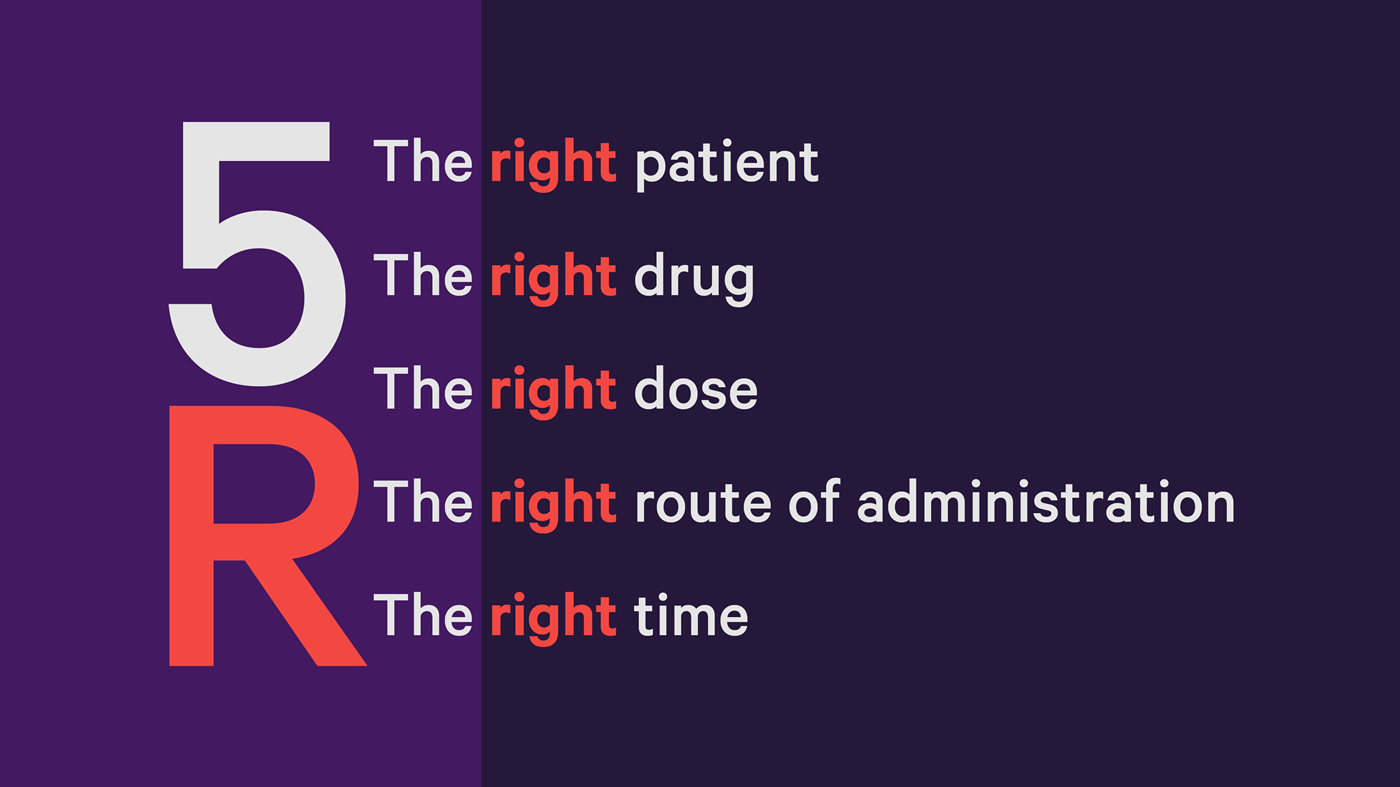Does screen time increase the risk of ADHD in children?

Let’s begin with questions many parents have in mind:
- Does watching a lot of TV increase the risk of my child developing attention deficit hyperactivity disorder (ADHD)?
- Do educational games on tablets increase my child’s risk of developing ADHD?
- What is true and what is myth when it comes to the relationship between a child’s screen-time exposure and ADHD?”
One of the biggest concerns many parents today have relates to whether we should limit, or restrict our children’s screen time, since nowadays, children may be exposed to screen time from multiple sources, including TVs, smartphones, tablets, and video game consoles.
My children enjoy screen time, and organizing their day to avoid screens altogether, in favor of other activities or quiet time is difficult. For most parents, including me, deciding whether and how we should limit or restrict a child’s screen time is not an easy task.
Parents want guidelines, and to understand, whether too much screen time can cause ADHD in their children, and if so, how much screen time is too much?
Facts about ADHD.
The video below presents 5 facts about ADHD:
Too much screen time and ADHD type symptoms in children.
If you are like me and a lot of parents, you probably allow your children some screen time so they can be mesmerized for a while, and you can take a few moments to catch your breath, get some alone time, or even prepare dinner for your family.
Research studies indicate that the amount of screen time children are exposed to increases their high of developing ADHD or certain ADHD like symptoms. The Tamana et al., (2019) study examined the hypothesis that preschool-aged children between the ages of 2-5 who are exposed to over 2 hours a day of screen time would exhibit clinically significant ADHD type behavioral problems.
The results of the study indicated that, compared to children whose screen time is limited to 30 minutes a day, children who had screen time exposure of greater than two hours a day were 5 times more likely to report behavioral problems related to inattention and 7.7 more likely to meet the criteria for having ADHD, adjusting for other factors (Tamana et al., 2019).
The Xie et al., (2020) study found that, as compared to children who were exposed to screen time of less than 60 minutes per day, children between the ages of 3-6 years old who were exposed to screen time of more than 60 minutes per day were more likely to have behavioral problems, such as ADHD symptoms, with the risk being less among females.
The study indicated that boys have longer screen time than girls, and that children of single parents, children who are the only child, and children left with nannies had higher screen time exposure (Xie et al., 2020).
Given the findings of the research studies discussed above, it seems parents should limit screen time. However, should screen time be limited when our children are watching educational programs on TV or playing games that claim to support their development on their tablets?
According to Guare (2018), well-designed television programs such as Sesame Street have shown efficacy and can “improve cognitive, literacy and social outcomes” for children aged 3-5 years old, as do the related apps from Sesame Workshop and PBS. However, most applications on tablets in the “educational” category do not have evidence of efficacy, and may not meet criteria to support the development of younger children. Guare (2018) also recommended that when children are engaged with screens, parents interact with their children, such as by asking them questions about what they’re viewing
In summary, the studies reviewed indicate that parents should try to limit screen time of young children aged 2-5, to no more than 30 minutes a day or 60 minutes a day (Tamana et al., 2019, Xie et al., 2020). In addition, parents should choose well-designed educational programs and apps, like the Sesame Street television show and related apps, and should strive to supervise and interact with their children during their screen time.
Controversy over whether screen time causes ADHD
Phil (2019) discusses questions raised by the Tamana et al., (2019) study, which showed a relationship between excessive screen time in children between the ages of 3-5 years old and behavioral issues such as inattention, and increased risk of meeting the criteria for ADHD. Specifically, Phil notes that the Tamana et al., (2019) study had its critics, such as certain media companies that told parents not to worry so much about screen time, and these conflicting messages leave parents confused about what to do (Phil, 2019).

By: Tony Alter
Phil (2019) points out that Tamana et al., (2019) study is a good study and does not indicate that screen time causes ADHD, but rather the study showed an association between screen time and behaviors associated with ADHD, like attentional problems and impulsivity. Phil (2019) notes that digital dependency may be what is causing damaging psychological effects, and screen time may serve as a measure for that digital dependency. Ultimately, Phil notes that the evidence of the harms of screen time is growing, and that ignoring the problem, or disputing the results of a study, will not make that problem go away (Phil, 2019).
What can we do?
Screen time in excess of 30 or 60 minutes appears to increase the risk of a child meeting the criteria for having ADHD, and having ADHD like symptoms such as inattention and impulsivity.
What can we do as parents to reduce excess screen time risk?
As parents we should:
- set sensible limitations on how long and when our children can have screen time.
- avoid using TVs and screens as a babysitter for children younger than 5 years old.
- interact with our children, and encourage them to engage actively with others, rather than passively with screens.
- read to our children and explore the outdoors with them, and engage our children in social activities such as dancing, swimming, or sports.
Activities without screens to do with kids:
References
Guare, C., Sprinkle, N., & Kulman, R., Ph.D, R. (2018, October 10). The truth about TV and ADHD. ADDitude. https://www.additudemag.com/adhd-and-tv/
Phil, R. D. (2019, June 22). Does excessive screen time cause ADHD? Psychology Today. https://www.psychologytoday.com/us/blog/digital-world-real-world/201906/does-excessive-screen-time-cause-adhd
Tamana, S. K., Ezeugwu, V., Chikuma, J., Lefebvre, D. L., Azad, M. B., Moraes, T. J., Subbarao, P., Becker, A. B., Turvey, S. E., Sears, M. R., Dick, B. D., Carson, V., Rasmussen, C., Pei, J., & Mandhane, P. J. (2019). Screen-time is associated with inattention problems in preschoolers: Results from the CHILD birth cohort study. PLOS ONE, 14(4), e0213995. https://doi.org/10.1371/journal.pone.0213995
Xie, G., Deng, Q., Cao, J., & Chang, Q. (2020). Digital screen time and its effect on preschoolers’ behavior in China: Results from a cross-sectional study. Italian Journal of Pediatrics, 46(1). https://doi.org/10.1186/s13052-020-0776-x
KOAA 5. (2019, July 19). Your Healthy Family: Kid screen time can lead to ADHD [Video]. YouTube. https://www.youtube.com/watch?v=38zNV2eM3eQ
Psych2Go. (2019, February 20). 5 Interesting Facts About ADHD [Video]. YouTube.https://www.youtube.com/watch?v=uW6e50NYlWE&lc=Ugy9caVdGvhZQu7hQHZ4AaABAg
WhatsupMoms. (2020, November 11). PLAY/ 4 No prep ways to Entertain Kids (Without Screens) [Video]. YouTube. https://youtu.be/KeHeJ5EmhdA


